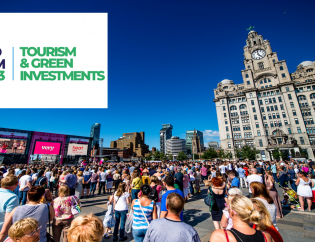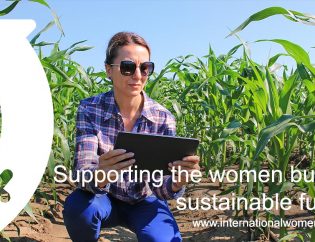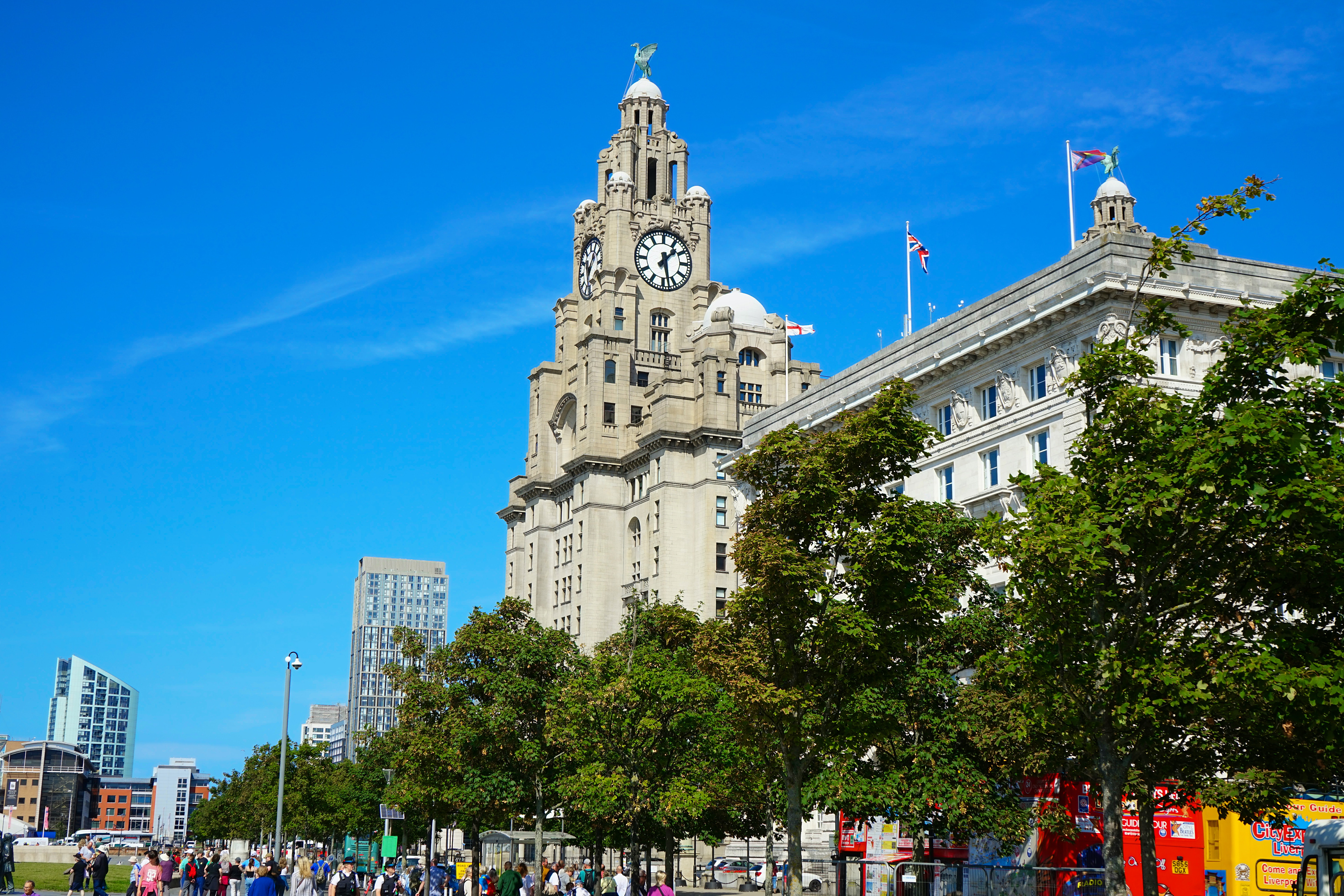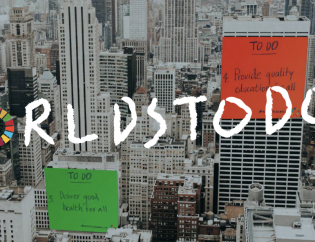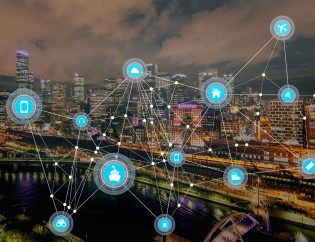
We know that tourism contributes significantly to economic expansion in many countries around the world, Britain included. It brings in job opportunities, infrastructural investment, increased popularity and of course, money. The bad news is that these benefits often come at the expense of the environment - often contributing to waste and pollution, job insecurity due to seasonal fluctuations as well as foreign poaching, which harms small and independent businesses.
That is why placing sustainability at the heart of our city’s visitor economy strategy is essential if we want Liverpool to get the best of both worlds: improved quality of life for the local community while managing tourist satisfaction. As the host of Eurovision 2023, we expect to welcome many visitors to our beloved city. To make the most of this opportunity while minimising environmental impact, we must equip our hospitality sector with the support and skillset needed to sell sustainably.
What can individuals, businesses and the city council do to achieve this?
- Tackling waste and pollution
One way that businesses can better manage waste caused by tourism activities is by adopting composting processes. In fact, Liverpool businesses can access support through Compost Works, a local organisation that helps communities and businesses to manage food waste by setting up compost facilities. What’s more, businesses can also access help to begin their sustainable journey through certification bodies like Green Key and Green Tourism.
As for the Liverpool City Council, a few initiatives have already been adopted to tackle waste and pollution. This includes providing an option for individuals to report a street which needs cleaning, flytipping, graffiti and more. Keeping our areas clean will mean the environment is well protected and more inviting for the residents and visitors. Be sure to keep a look out for LSSL (Liverpool Streetscene Services Ltd)!
We can also look into Glencoldon Cottage’s initiative that proved successful in Scotland for inspiration. By considering their customers’ transportation choices as well as public transport limitations, they decided to offer guests a 10% discount on accommodation costs if they leave their cars at home and get to Aviemore by public transport.
Influencing sustainable behaviour through incentives can be a fantastic way to encourage more tourists to make greener choices. Offering discounts for events or accommodation if attendance is made through walking, cycling or use of public transport is one of the ways our city council can promote sustainable tourism, whilst tackling pollution.
2. Reducing job insecurity
To reduce job insecurity, businesses must commit to supporting the well-being, stability and progression of employees. One of the ways to ensure this is by becoming an accredited Living Wage Employer, which ensures your staff is being paid a wage that meets their everyday needs. This proves beneficial not only for employees but many accredited employers like ourselves have seen an increase in motivation within the team as well as an improved reputation of the company.
Another accreditation that ensures your company is fully supporting staff is Liverpool’s newest Fair Employment Charter. This initiative aims to encourage employers to “pay staff a Real Living Wage, clamp down on the use of zero-hours contracts, provide mental health support, encourage flexible working and engage with trade unions”.
3. Supporting local & independent businesses
There are many ways we can support local and independent businesses across our city region. Prioritising local over big chains, choosing vegetarian options as Liverpool has many restaurants such as Down the Hatch, Egg Cafe and The Vibe which serve meat-free food.
Beyond that, restaurants and bars can also be mindful of supplier practices, choosing vendors that understand and practise sustainability (showing where their products come from i.e., a journey from farm to table if local suppliers are used or tracking Food Miles). In addition to that, more work can be done to promote and support local tourism businesses such as We Are Day Tripper which does local walking tours and Liverpool Cycle Tours.
Further, businesses can access support through services like Carbon Happy World and our Carbon Management & Net Zero support service which helps businesses in different sectors to calculate their carbon footprint, set goals and create solutions.
The City council has already introduced a Cycle to work scheme to allow workers to purchase a bike at a discounted price through their workplace. This will allow for a cleaner journey to work and can be used to visit different areas within the city such as Sefton Park and the Festival Gardens.

Why should we make changes in the tourism sector to embrace sustainability?
- Putting Liverpool on the map
Visitors who travel to our city will likely share their experiences with friends and family, influence travel trends, create jobs and distribute income to local businesses. This is why we must prioritise what matters most to them when developing our tourism strategy: the planet.
In fact, a research report released by Booking.com found that sustainability is important not only to providers but also to travellers as “78% intend to stay in sustainable accommodation at least once in the next year.”
Thus, promoting the efforts our hospitality sector has been making towards sustainability will likely draw in new customers and gain the attention of those looking to travel more conscientiously.
- Increased tourist satisfaction
Offering better services and truly local experiences can increase tourist satisfaction and help to retain customers.
- The planet needs it (urgently)
We all need to get involved and help in preserving the destination experience while helping the tourism industry to sustain itself longer and for the better.
By Simone Greyling, Carbon & Sustainability Executive at 2030hub and Sustainable Tourism Advocate
